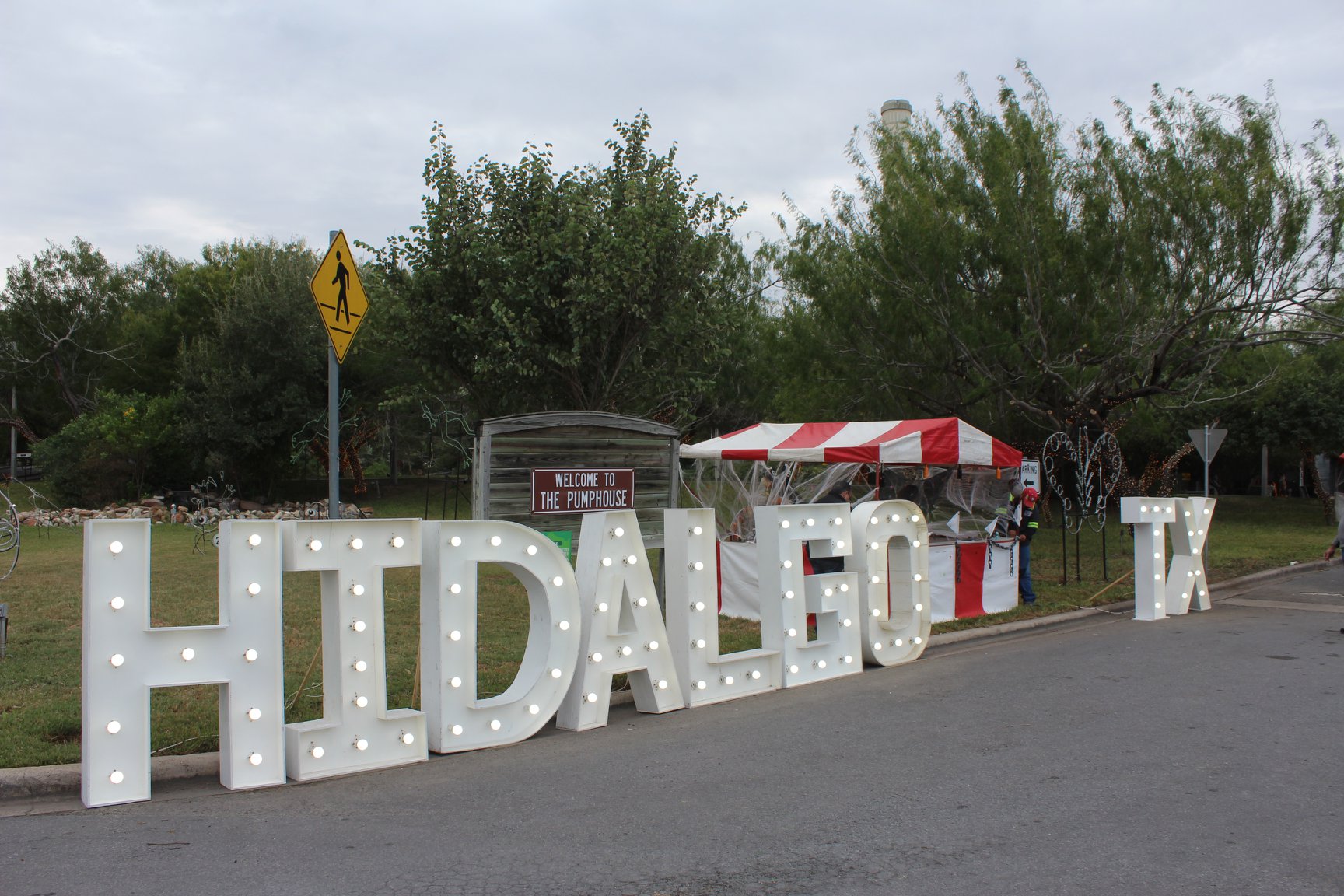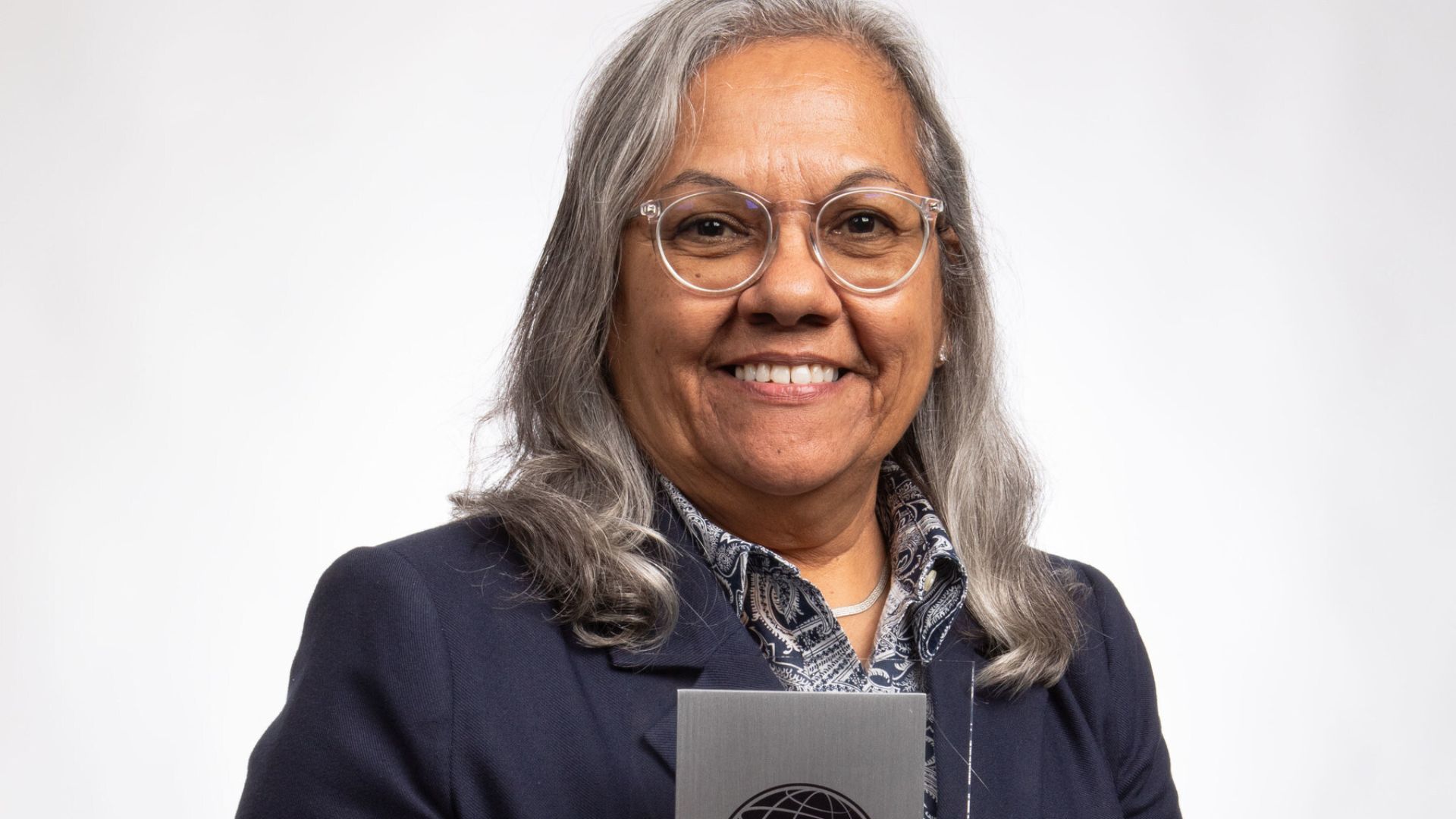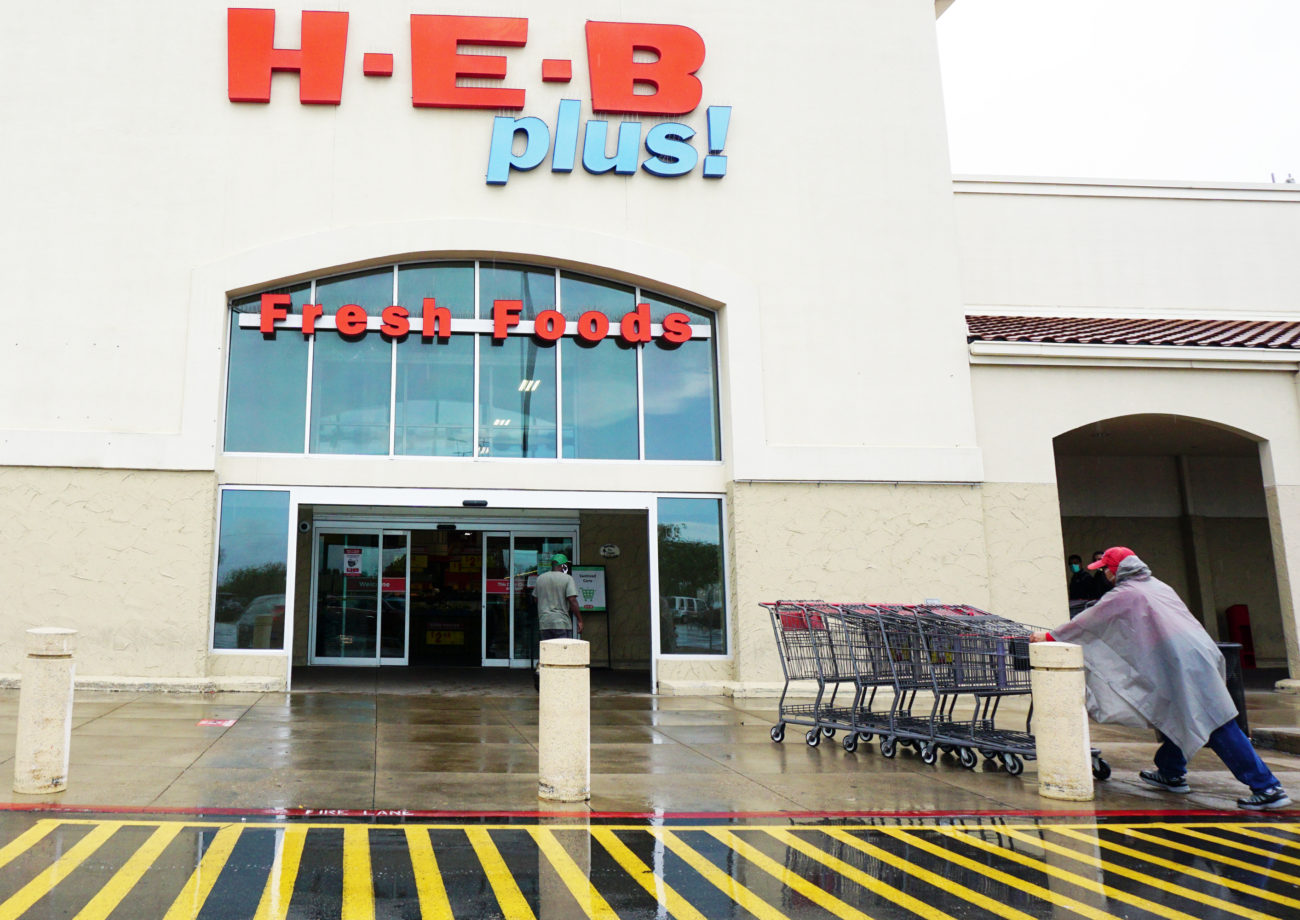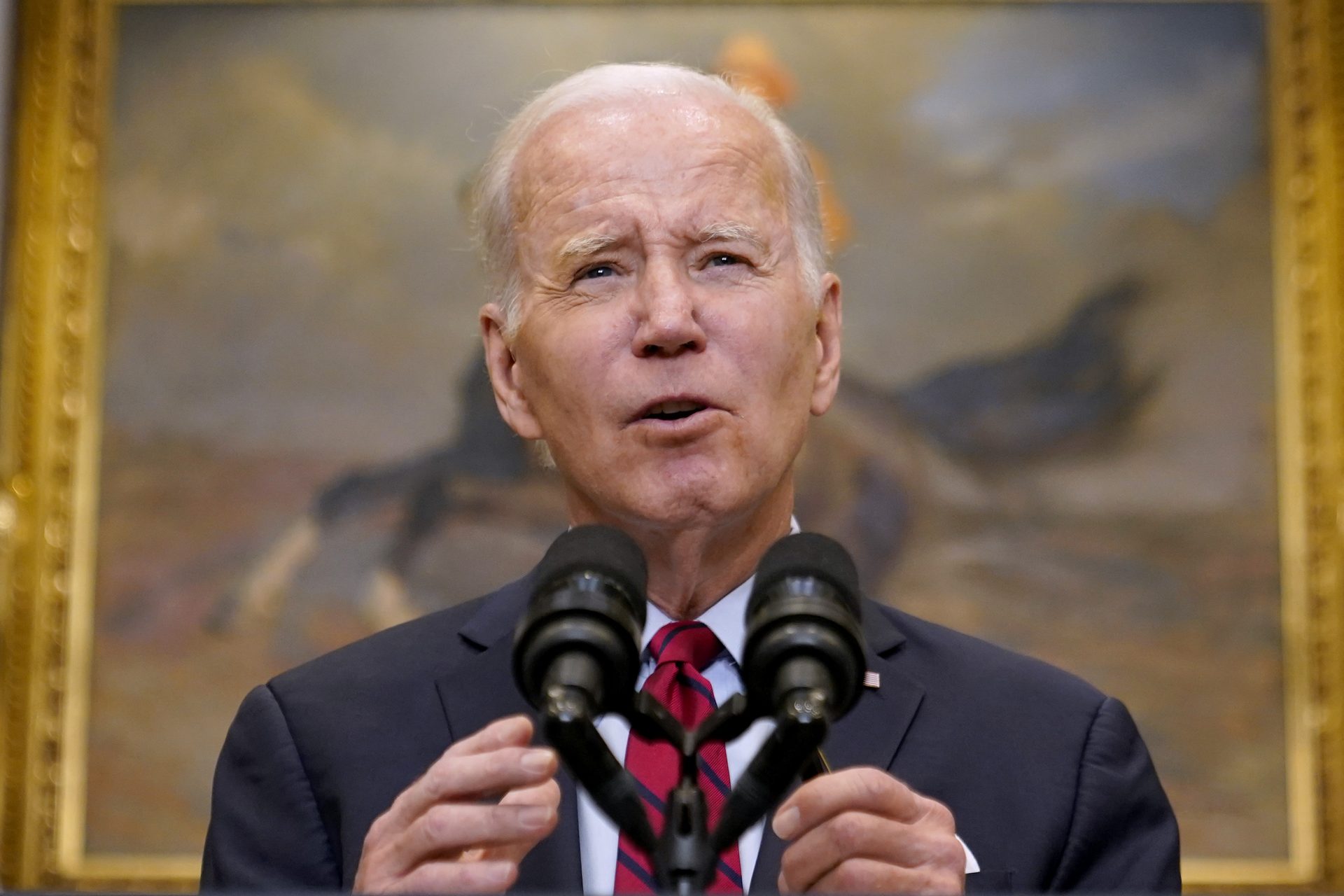Two recent events offer both new challenges and new opportunities for the U.S.-Mexico border.
The first is the bizarre story of the arrest of Ismael Zambada García “El Mayo” at an airport near El Paso on July 25. Apparently, he was either tricked into getting into this small plane or actually kidnapped by Joaquín Guzmán López, one of the four sons of “El Chapo” Guzmán who is now serving a life sentence in the federal “supermax” prison in Florence, Colorado.
Although there was apparently no direct U.S. involvement, it is obvious that the fear of being arrested and subsequently sentenced to a massive term in a U.S. prison like the “supermax” in Florence was the motivating factor in the decision of Guzmán López to either kidnap or lure El Mayo to El Paso. He could look at the example of El Mayo’s son, Vicente Zambada Niebla who testified against El Chapo and received only a 15-year sentence and is now somewhere in the US out of prison and in protective custody. He probably hopes that this will also result in some leniency for his younger brother, Ovidio who is awaiting trial in Chicago.
Yes, this was a brutal decision on the part of Guzmán López but also a logical one. A few years in prison beats either assassination attempts in Mexico or many years in the supermax. As an aside, when I worked for Governor Richard Lamm in Colorado he and several of us spent a night in the newly constructed state “supermax” in the same Florence area and, for someone with claustrophobia like me, it was terrifying. I cannot imagine the horror of a sentence to the federal supermax.
This is also a great tribute to the American men and women who work on drug issues in Mexico, an extremely dangerous and often thankless job. US-Mexico relations took a big hit in 2020 when Mexican Defense Secretary Salvador Cienfuegos was arrested by US officials in Los Angeles on suspicion of drug trafficking but then had to be released because Mexico’s President Andrés Manuel López Obrador claimed that he had not been advised. Maybe this relationship can be improved when Claudia Sheinbaum takes office on October 1.
Will this bizarre event result in a reduction of the flow of fentanyl into the U.S.? Most commentators say “no,” pointing out that the Sinaloa cartel is highly decentralized and not dependent on a leader like El Mayo who together with El Chapo founded the Sinaloa cartel.
I have to believe, however, that the vulnerability of cartel leaders to prosecution in the U.S. and the risk of massive sentences has to be some deterrent. One test will occur in October when Ex-Mexican Secretary of Public Security, Genaro Garcia Luna will be sentenced in Brooklyn for his drug conviction on February 21, 2023. How long will he have to serve and where?
The second event is the July 28 presidential election in Venezuela after which President Nicolás Maduro declared victory despite overwhelming evidence of fraud. On Thursday, August 1, for example, U.S. Secretary of State Antony J. Blinken recognized Maduro’s opponent, Edmundo González as the winner.
As background, Venezuela is the world’s richest country in terms of oil reserves with an estimated 300 billion barrels. This compares to Saudi Arabia, the country we typically think of as the leader with 267 billion barrels and the U.S. in tenth place with 36 billion. How, therefore, can such a rich country be so poor that about 25% of its total population or 7 million people have fled the country. Losing 25 percent of our population would equal about 80 million Americans.
Before the election of Hugo Chávez in 1999, the state-owned oil and gas company, Petróleos de Venezuela (PDVSA) was run by professionals. When we took Colorado companies to a trade show in Caracas in the 1990s, our booth was flooded with young people asking how to apply to the Colorado School of Mines because PDVSA’s president and many of his staff were graduates. Those leadership positions have all been given to political hacks, production has declined, and the Venezuelan people are impoverished.
That these elections would be corrupt was common knowledge; Maduro has no intention of giving up his position. As long as he has control of his security forces, he will ignore both street protests and protests from the US and other countries.
Venezuelans, however, will begin to flee in even greater numbers, taking great risks like crossing the notoriously dangerous Darién Gap. We need to be better prepared, especially in terms of helping them find jobs. That’s what I have seen in many visits with Venezuelans in Juárez and El Paso, this tremendous thirst to find work and restart their lives.
What is happening within Venezuela itself is tragic but what happens with Venezuelans at our border will get more attention from the American public in this contentious election year. We must be better prepared.
Editor’s Note: The above guest column was penned by Morgan Smith, a retired lawyer and government official from Colorado who now lives in Santa Fe, New Mexico. Smith writes regularly on border issues. He has been going to the border – mostly Juarez and Palomas – at least monthly for the last 13 years to document conditions there and assist a variety of humanitarian programs and, more recently, migrant shelters. The column appears in the Rio Grande Guardian with the permission of the author. Smith can be reached by email via morgan-smith@comcast.net.
The post Smith: New Challenges and Opportunities for the Border appeared first on Rio Grande Guardian.
 (2).png)
 1 month ago
44
1 month ago
44









 English (US)
English (US)